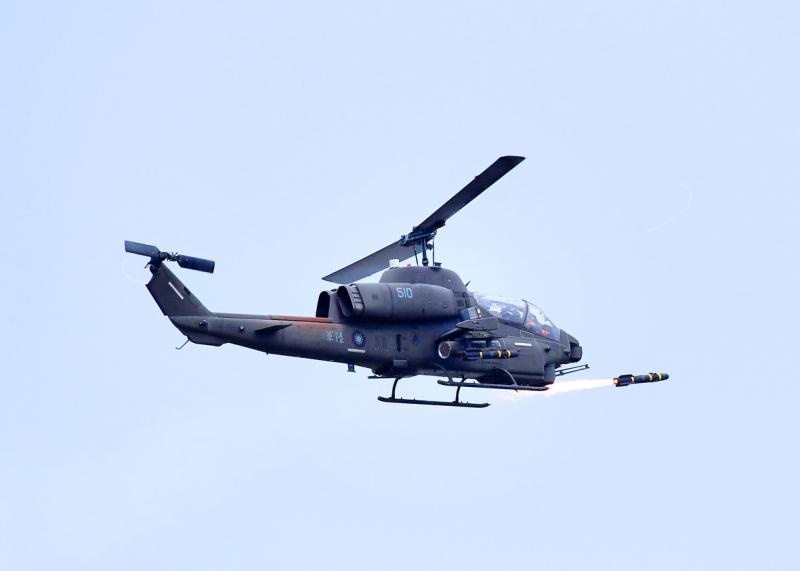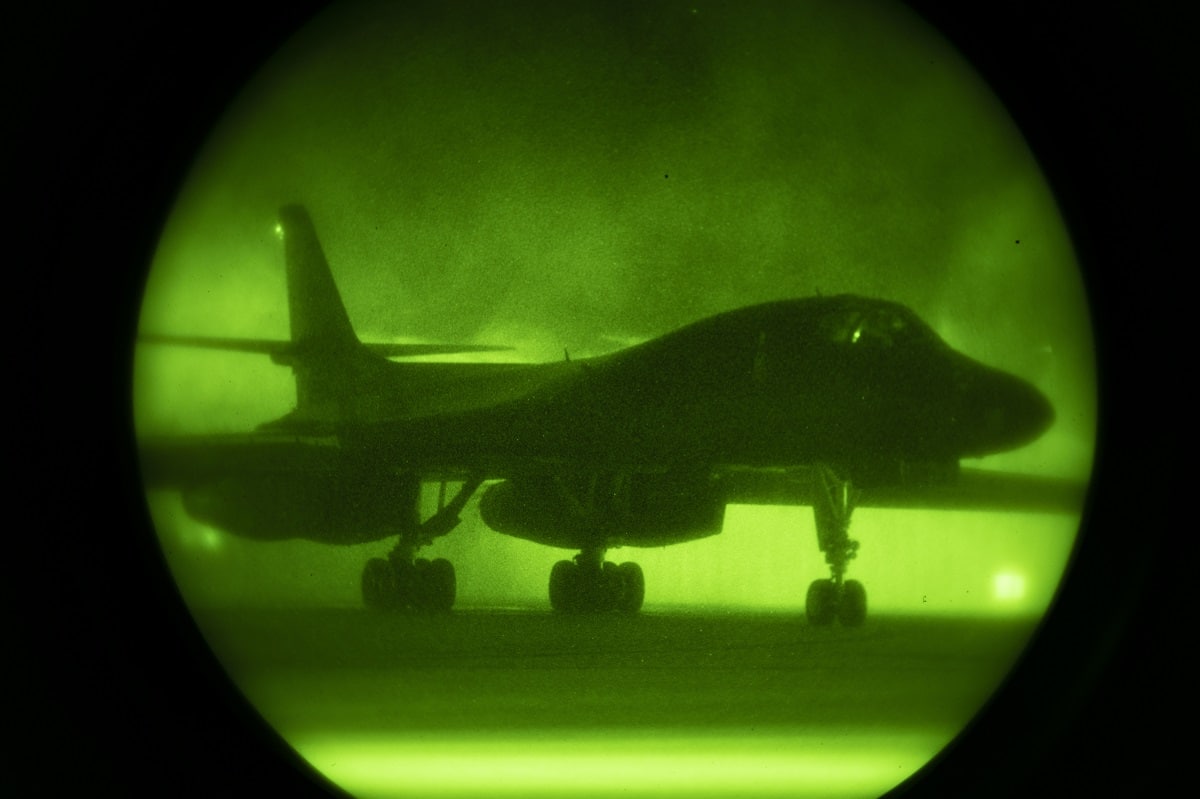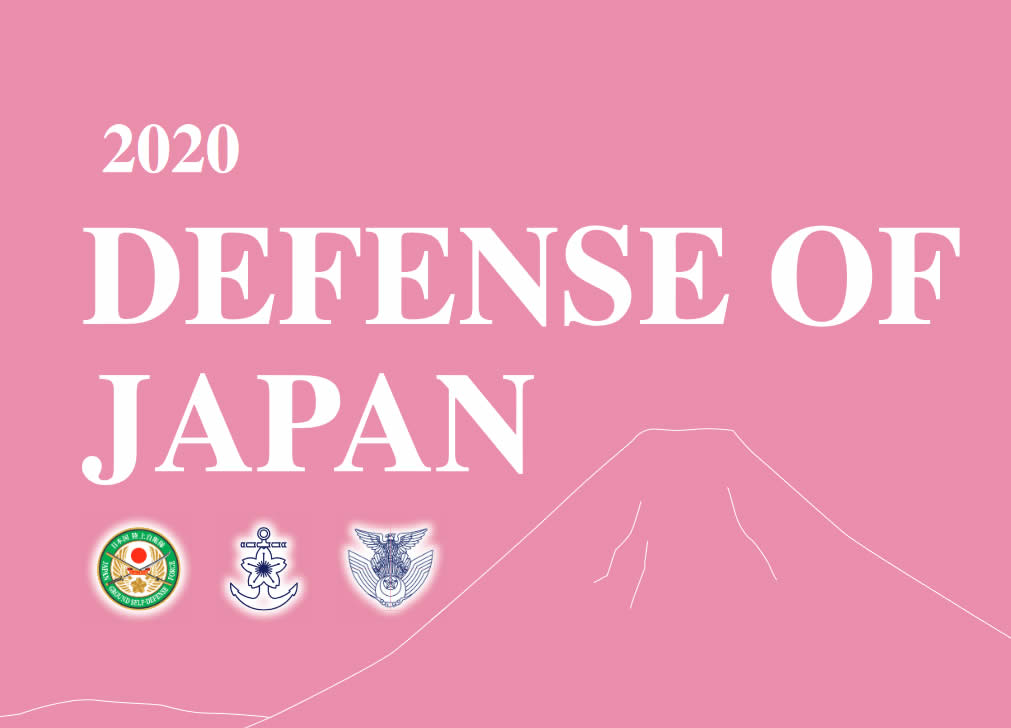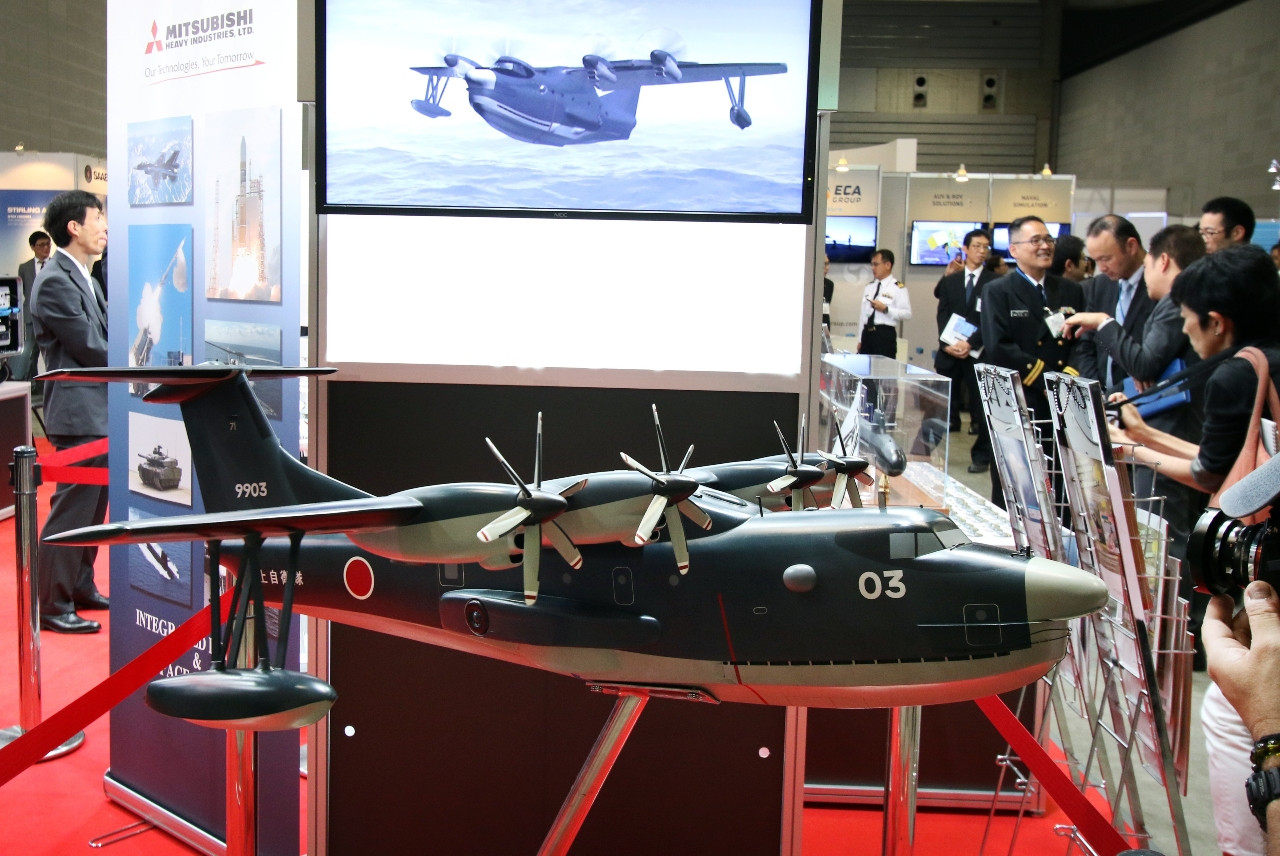Japanese Military Developments & Korean updates
1. Units attached to INDOPACOM and the JSDF completed exercise KeenSword21 (KS21) on military installations throughout mainland Japan, Okinawa & their surrounding waters.
2. On top of acquiring F-35As (105) and F-35Bs (42) to be come the world’s 2nd largest operator of VLO fighter jets at 147, in March 2020:
(a) the Acquisition, Technology and Logistics Agency (ATLA), revealed Tokyo’s plans to develop a hypersonic cruise missile (HCM) and a Hyper Velocity Gliding Projectile (HVGP) to equip its Mitsubishi F-15Js and F-2s to take on land or sea based targets; and
(b) Tokyo is targeting the induction of HCM powered by scramjet engine, and HVGP powered by solid-fuel rocket engine, by early 2030s. The hypersonic missiles would reportedly be able to fly three times faster than the speed of sound and would replace previous transonic missiles. The blueprint stipulates using different warheads, which will be navigated via satellites, to tackle seaborne and ground targets.
3. Glad to see that it will be business as usual in Japan and Australia with their American ally once more. I predict that the Trilateral Strategic Dialogue on foreign affairs and defence between Australia, America and Japan (or
Minilateralism) should improve and this change will give real options to smaller states caught in the middle of Great Power completion. America’s period of accelerated decline under Trump had the side-effect of fostering 2+2 meetings between Japan on foreign affairs and defence matters with India and Australia — forcing the Japanese Government to be proactive in regional engagement.
4. South Korea breaths a collective sign of relief; while the North Koreans are gonna miss the totally clueless Trump. Trump’s inclination was to give away anything necessary in his meetings with Kim to get a Nobel Peace Prize, because Obama had one.
5. Christopher Hill, who led the American delegation to the six-party talks over North Korea’s nuclear weapons program, said he believes “the ROK [Republic of Korea] alliance has been handled very badly... We’ve got to get that issue back into a box,” he said about the Trump administration’s call for a quintupling of South Korea’s contribution to cover the cost of American forces on the peninsula.
6. Joseph Yun, former American special representative to North Korea, said at a
Wilson Center forum that with Biden as president, “we do have an opportunity to resolve” both the burden-sharing question and command-and-control issues over forces on the peninsula “in a technical manner.” At CSIS, Victor Cha, head of its Korea program, said resuming large-scale exercises were a matter for the Americans and South Koreans to resolve and the countries should not “throw out the exercises willy-nilly,” as was done in 2018.
7. Speaking at the Wilson Center forum with Yun, Kim Ji-yoon, a political analyst, said the Korean “people were a little bit sensitive” over paying US$5 billion annually for the basing of American forces on the peninsula. While this administration “downplayed the alliance with the ROK,” she said a Biden presidency is “going to heal” the relationship. This plays well with Korean public opinion, she added, since China’s 2017 decision to severely cut back economic and diplomatic ties with Seoul following the deployment of the U.S. Terminal High-Altitude Area Defense system.




